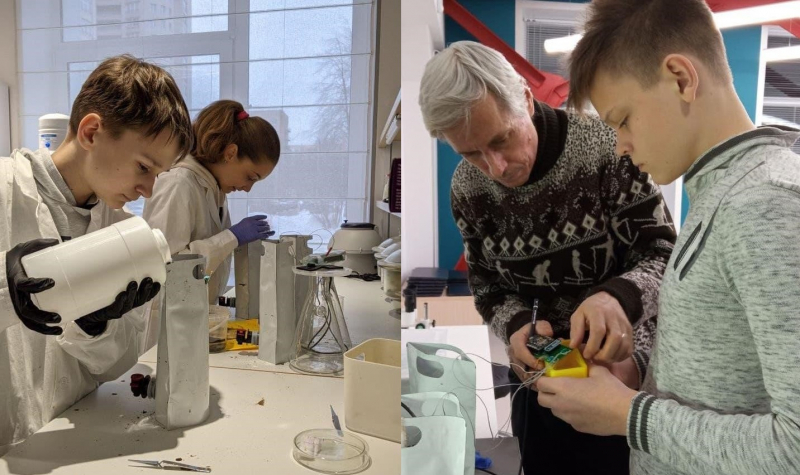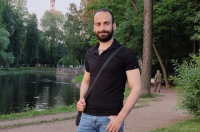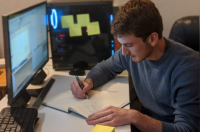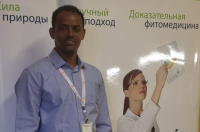What is the significance of your Internet of Bacteria project? It seems to me that not everyone quite understands what citizen science is.
We compile components for the Microbial Fuel Cell (MFC), which we then send to researchers throughout Russia. Anyone from elementary school children to senior citizens can be a researcher – this is the essence of citizen science!
Why is the Internet of Bacteria project innovative? Are there any other projects of this type in Russia?
In addition to the already mentioned citizen science format, the innovation lies in the fact that this is not a standard set of experiments with a single correct result. Each researcher obtains their own result depending on the studied soil biome, which they collect themselves!
Of course, we have other citizen science projects in Russia and they are all included on this website. Also there are so-called experiment kits for children, we also focus on them when creating our kits.
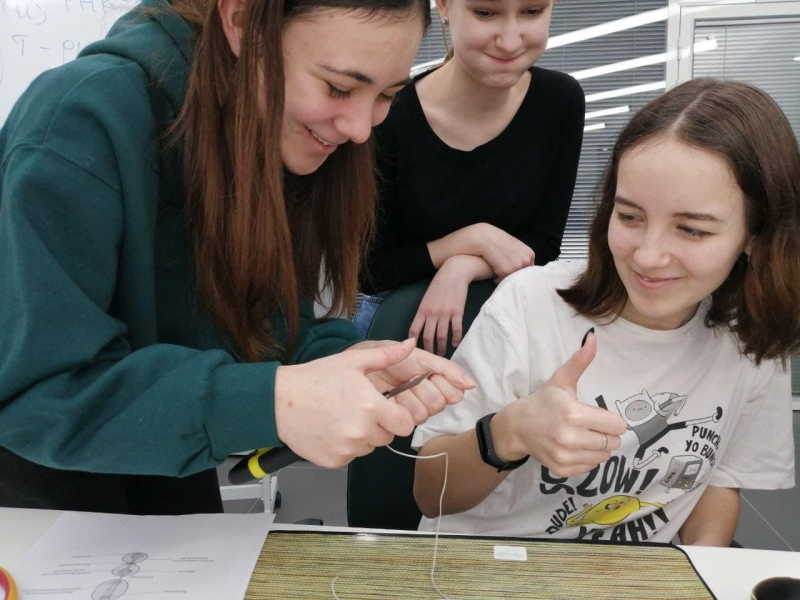
Credit: Internet of bacteria archive
How did you get into the project? Why did you want to supervise it?
Since I work with the dean of the Faculty of Biotechnology Mikhail Kurushkin, I just asked for a more difficult task for myself than before. Then he told me about the Internet of Bacteria project. I wanted to supervise it because the project poses unusual tasks, the solution of which has to be found by myself and in a short time, and sometimes is not entirely obvious.
As far as I know, you already have experience in organizing large projects - you were a member of the organizing committee of the Mendeleev 150 conference. How do you like the organization of the Internet of bacteria project? Is it easier this time?
While working on Mendeleev 150, I was responsible for mail, communication with participants and guests of the conference, and also helped to resolve issues during the conference itself. And I can say that the organization of the project is much more complicated, which makes it more interesting because there is no growth without difficulties!
What difficulties did you face in the process of organizing?
The biggest problem was related to the fact that the delivery of the components didn’t always happen on time. We also didn’t have enough space and equipment to do everything accurately. We had difficulties with the distribution of the kits throughout the country, schools did not want to accept them, although labs were looking forward to them. And, of course, the pandemic played a role - for a long time, the kits were simply placed in children’s technoparks, since classes were prohibited.
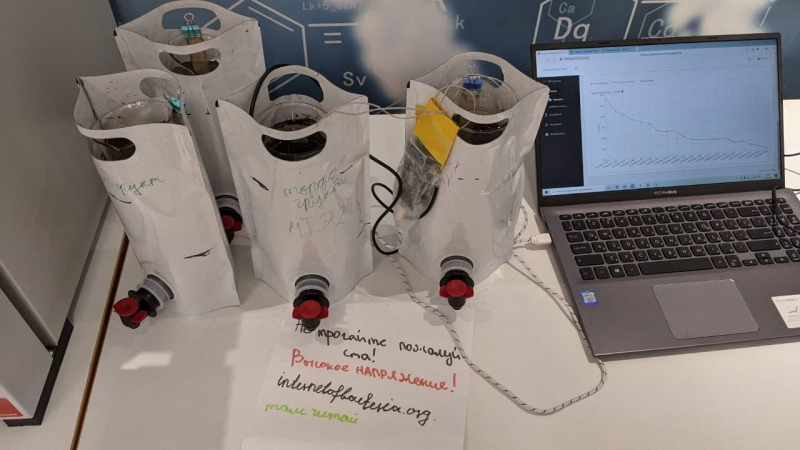
Credit: Internet of bacteria archive
Who can be a participant in the project and how can you become one?
Anyone can become a participant - just write to the official e-mail address of the project, to me or to my colleague Andrey Lazukin.
Let's imagine I signed up and am ready to start. What is the next step and what are the challenges ahead of me?
Before receiving the kit, we expect that all project participants will get acquainted with the instructions for assembling and configuring the MFC, as well as watch introductory videos on our YouTube channel in order to be ready for work and ask questions while the kits are going to the participants. And after receiving the kit, you just need to follow the instructions. All links and documents can be found on the project website.
How long is your project? Does it have a deadline or is it not limited in time?
In general, there is an indescribably huge number of bacteria in the world, so the project may not have a time frame at all if it goes into mass production and becomes successful. It can be sold as experimental kits - a kind of entertainment for children. They have fun, we receive data!
Credit: Internet of bacteria archive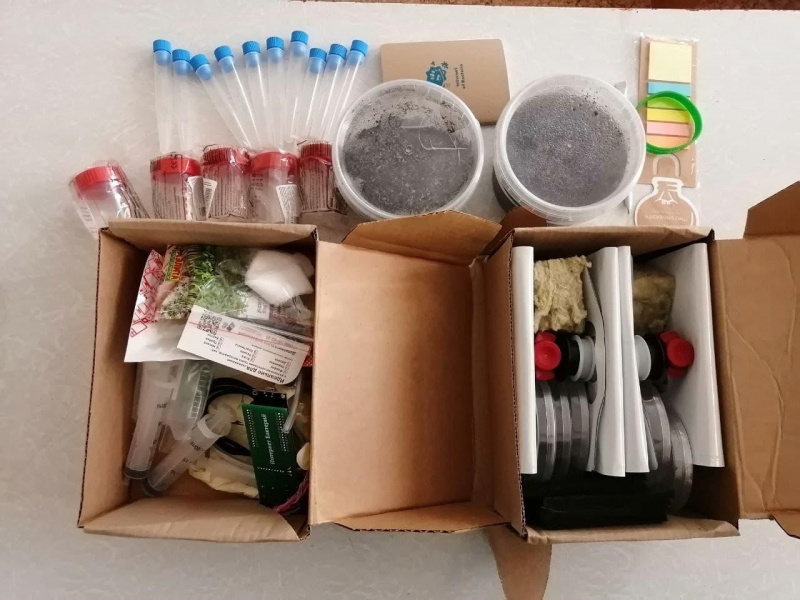
At what stage is the research now? Have you achieved what you expected from the project so far?
Research is in full swing, more than 30 cities have already been connected, MFCs have been collected and tests confirming the presence of bacteria are being carried out. Participants send us reports via the telegram channel. Participants from Orenburg, for example, showed an unusually high voltage result, so their MFС was taken for further research at ITMO University.
In general, how promising do you consider the development of such projects? What are your predictions for citizen science?
I believe that it is necessary to implement such projects not only to help scientists in repetitive multiple studies, but also to educate the population. So it seems to me that citizen science has huge potential, we just need to interest people in such projects. It is important to take into account the complexity of the research and try to simplify it without losing the essence of the experiment.
Written by Aleksandra Ignatenkova
Digital Journalism student
Soft Skills 2021
